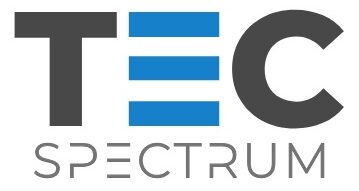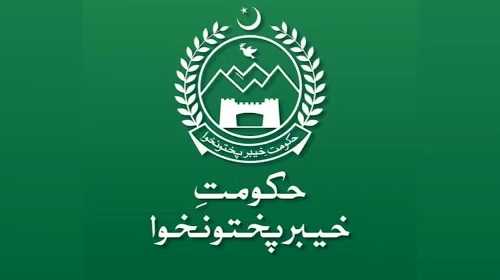In a strategic push to improve university governance and academic standards, the Khyber Pakhtunkhwa (KP) Higher Education Department (HED) has initiated the process to establish a Provincial Higher Education Commission (HEC).
The move reflects KP’s commitment to academic reform, institutional autonomy, and data-driven policy making, while avoiding the pitfalls seen in similar commissions set up by Punjab and Sindh.
🧠 “It’s a timely initiative—but we’re also being cautious to ensure the proposed body doesn’t become an inefficient or unsustainable entity,” said KP Higher Education Minister Meena Khan Afridi.
🛠️ High-Level Committee Formed to Shape Commission Blueprint
A committee of seasoned educators and administrators has been tasked with drafting a comprehensive proposal that outlines the structure, governance, and operations of the new commission.
📋 Committee Members Include:
- Zariful Mani (Convener) – MD, KP Education Foundation
- Adil Saeed Safi – MD, ETEA
- Prof. Jamil Ahmad – VC, Abdul Wali Khan University, Mardan
- Prof. Jehanzeb Khan – VC, University of Science & Technology, Bannu
- Usman Ghani – Director, IMSciences, Peshawar
- Azhar Zahoor – Deputy Secretary (Admin), HED
- Wajid Ali Khan – Deputy Secretary (Universities-I), HED
⏱️ Deadline: The committee must submit its findings within 30 days.
🔍 What the Committee Will Do
The panel will take a research-driven and comparative approach, reviewing:
- 📚 HEC models in Punjab & Sindh – strengths, weaknesses, and outcomes
- ⚖️ Legal frameworks and regulatory structures
- 🧑🎓 Impact on access, quality, and employability in higher education
- 💰 Financial and human resource estimates for setting up the commission
- 📊 Cost-benefit analysis to ensure long-term sustainability
- 🎯 Key Performance Indicators (KPIs) for vice chancellors and universities
A committee member confirmed that the proposal will emphasize job-market relevance, innovation, and financial viability, without creating new layers of bureaucracy.
🎯 Why This Matters
Pakistan’s higher education system has long faced challenges like:
- Fragmented governance
- Outdated curriculum
- Limited focus on research and industry alignment
- Poor monitoring of university performance
With the proposed KP HEC, the province aims to bridge these gaps by ensuring autonomy, accountability, and alignment with global academic standards.
📜 What’s Next?
The final proposal will include a draft legislative framework for the provincial HEC’s creation. Once completed, it will be submitted to the provincial government for approval and implementation.
If successful, Khyber Pakhtunkhwa could set a new benchmark in decentralized, efficient, and impactful higher education governance—rooted in local needs and global trends.















